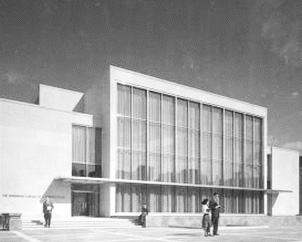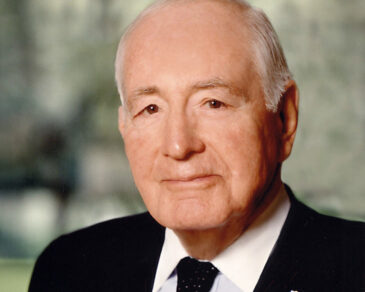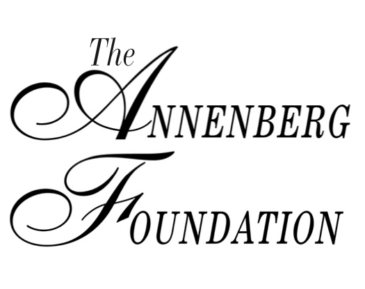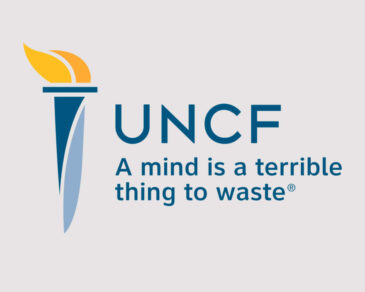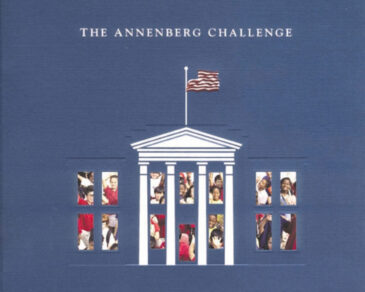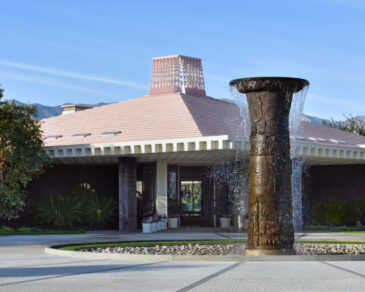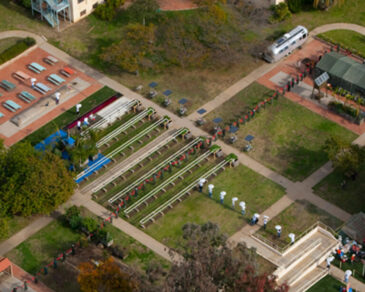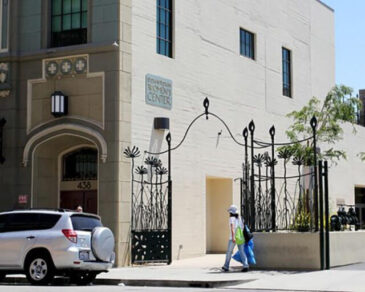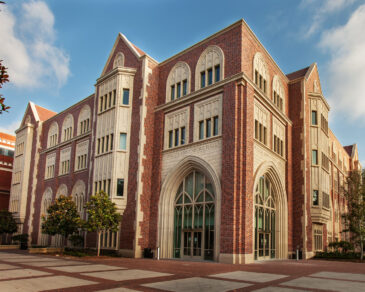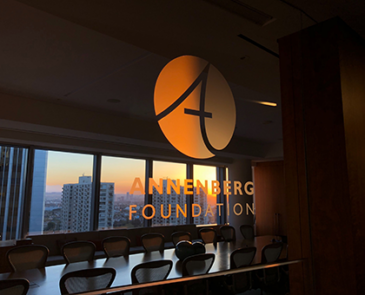The Annenberg Foundation is a family foundation established in 1989. The Foundation supports the worldwide community through its grantmaking and direct charitable activities.
The Annenberg Foundation is a family foundation that provides funding and support to nonprofit organizations in the United States and globally. The Foundation and its Board of Directors are also directly involved in the community through innovative projects that advance public well-being, spark new ideas, and spread knowledge. The Foundation is committed to core values of responsiveness, accessibility, fairness, and involvement.
The Foundation believes in funding organizations that have a deep level of community involvement, are led by effective leaders and tackle challenging and timely problems. Specific organizational attributes valued by the Foundation are: visionary leadership, impact, sustainability, innovation, organizational strength, network of partnerships plus the population being served.

Wallis Annenberg is a visionary who uses philanthropy as a powerful instrument to improve the well-being of people and communities, not only by addressing vexing societal problems, but also by creating new pathways to fulfillment, excellence, and success. As she has said, “I’ve tried to focus not just on giving, but on innovating.”
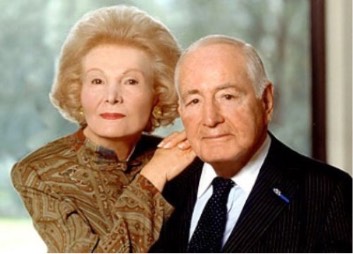 The Annenberg Foundation was established in 1989 with $1.2 billion, one-third of the assets from the sale of Triangle Publications. Ambassador Annenberg founded The Annenberg School for Communication at the University of Pennsylvania in 1958 and The Annenberg School for Communication and Journalism at the University of Southern California in 1971. In 1983, he established the Washington Program in Communication Policy Studies. Ambassador Annenberg endowed chairs at more than a dozen colleges; and major gifts to support the arts, presidential libraries, hospitals, orchestras, and museums. He and his wife, Leonore Annenberg, were celebrated art patrons whose collection of Impressionist and Post-Impressionist masterpieces was donated to the Metropolitan Museum of Art in New York.
The Annenberg Foundation was established in 1989 with $1.2 billion, one-third of the assets from the sale of Triangle Publications. Ambassador Annenberg founded The Annenberg School for Communication at the University of Pennsylvania in 1958 and The Annenberg School for Communication and Journalism at the University of Southern California in 1971. In 1983, he established the Washington Program in Communication Policy Studies. Ambassador Annenberg endowed chairs at more than a dozen colleges; and major gifts to support the arts, presidential libraries, hospitals, orchestras, and museums. He and his wife, Leonore Annenberg, were celebrated art patrons whose collection of Impressionist and Post-Impressionist masterpieces was donated to the Metropolitan Museum of Art in New York.  In 1993, the Foundation made a staggering commitment to public education with one of the largest gifts in philanthropic history: the $500 million Annenberg Challenge for School Reform, which worked to revive and inspire public school reform in eighteen sites across the nation. Its funding was spread among cities throughout the U.S. and catalyzed more than $600 million in matching grants. The Annenberg Challenge initiated reform in countless school districts. Upon Walter H. Annenberg’s death in 2002, Leonore assumed leadership of the Foundation. In March, 2009, Leonore passed away, leaving the foundation’s trusteeship to Wallis Annenberg and three of her children: Lauren Bon, Gregory Annenberg Weingarten and Charles Annenberg Weingarten. At their direction, the Foundation continues its historic program focus, but is expanding to include environmental stewardship, social justice and animal welfare. Over the past several years, the Foundation has evolved from a traditional grantmaking institution to one that is also directly involved in the community with its unique charitable activities through which large-scale solutions to systemic problems are pursued.
In 1993, the Foundation made a staggering commitment to public education with one of the largest gifts in philanthropic history: the $500 million Annenberg Challenge for School Reform, which worked to revive and inspire public school reform in eighteen sites across the nation. Its funding was spread among cities throughout the U.S. and catalyzed more than $600 million in matching grants. The Annenberg Challenge initiated reform in countless school districts. Upon Walter H. Annenberg’s death in 2002, Leonore assumed leadership of the Foundation. In March, 2009, Leonore passed away, leaving the foundation’s trusteeship to Wallis Annenberg and three of her children: Lauren Bon, Gregory Annenberg Weingarten and Charles Annenberg Weingarten. At their direction, the Foundation continues its historic program focus, but is expanding to include environmental stewardship, social justice and animal welfare. Over the past several years, the Foundation has evolved from a traditional grantmaking institution to one that is also directly involved in the community with its unique charitable activities through which large-scale solutions to systemic problems are pursued.